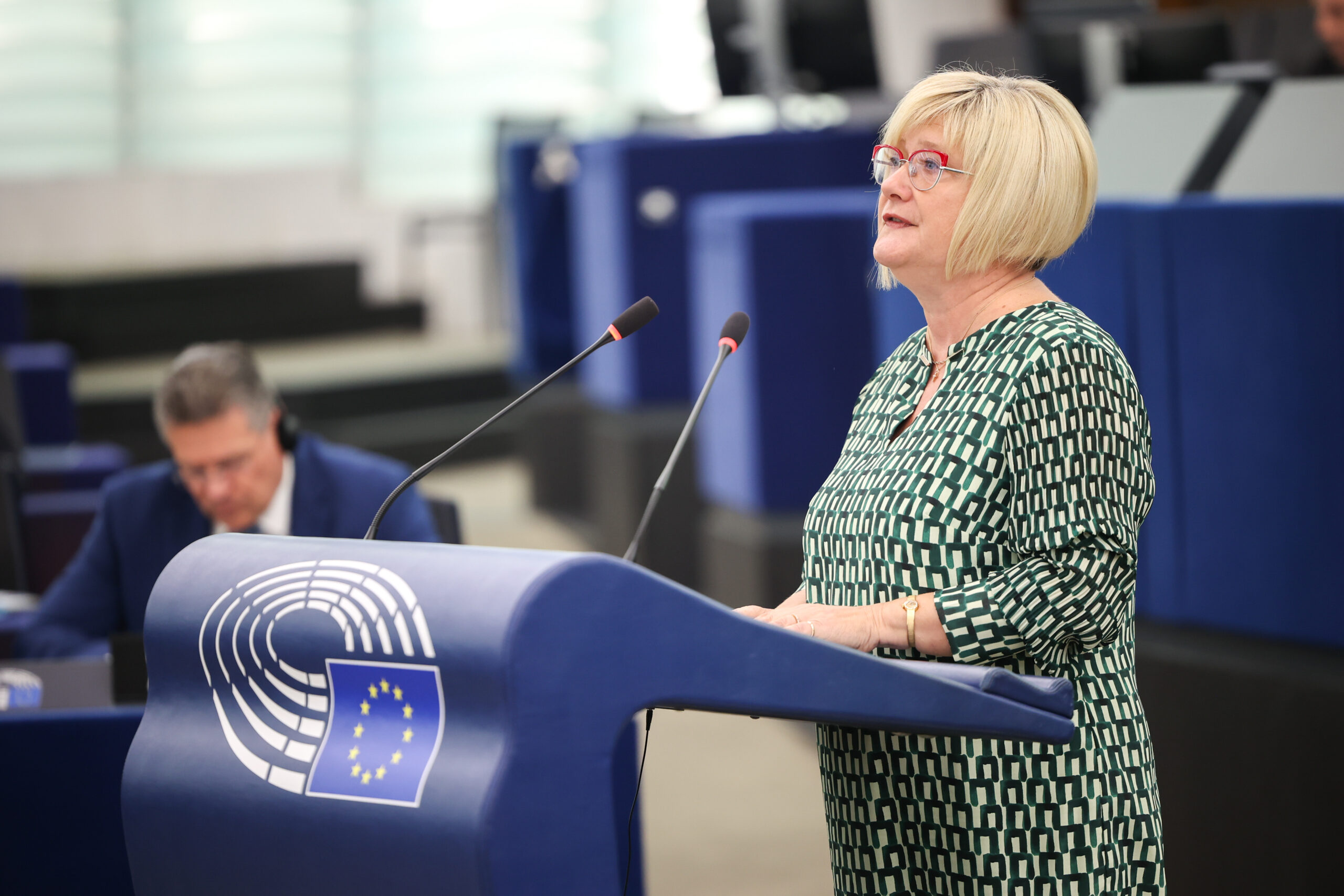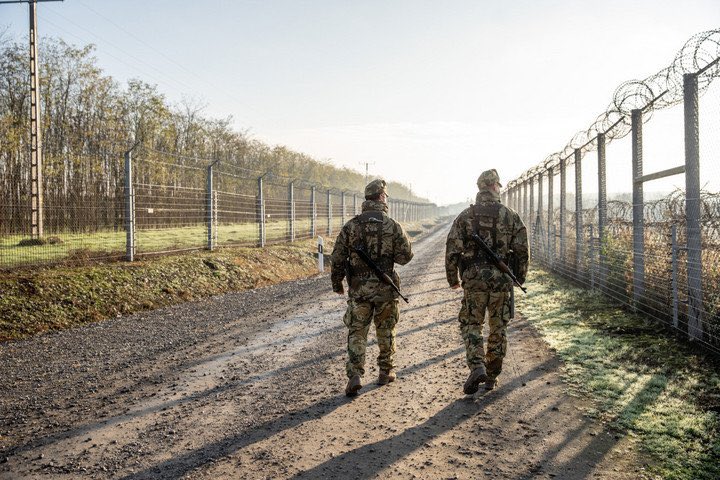
Kinga Gál said that the European Commission has made a number of bad decisions in the past.Continue reading

More than five times as many people attempting to cross the border have been apprehended since the beginning of the year than in the same period last year: in 2024, from January to April, 714 migrants were apprehended at the Hungarian-Serbian border, but this number has risen to 3,925 in the same period this year, the Prime Minister’s chief advisor on internal security told M1 news channel on Wednesday.
According to György Bakondi, the reason for the significant increase is that “the Balkan route is active,” with large numbers of migrants arriving by boat from Türkiye and Libya to the Greek islands and from there to mainland Greece. He noted that the increase is significant despite the intensive activity of the Turkish border police forces and the high number of border crossers apprehended, intercepted, or prevented.
The chief advisor pointed out that young men with unknown identities and for unknown purposes continue to arrive in Europe in large numbers, posing a serious threat to internal security.
This consequence can be clearly seen in Western Europe, where the many terrorist acts, the creation of no-go zones, and other negative effects on the social welfare system, the health system, and housing have led to the strengthening of parties which have taken the Hungarian model as the guiding one in migration.
Mr Bakondi pointed out that in the past, tunneling and ladders were the usual methods used by illegal immigrants to overcome technical barriers, whereas nowadays they simply cut through the fence with power cutters. He noted that at the same time, they are taking offensive action against the Hungarian police forces guarding the border. In his opinion,
this also shows that they are not refugees but migrants, because a refugee who is persecuted in a country because of their religious, racial, or political views or affiliation certainly does not start their journey by throwing a Molotov cocktail at the Hungarian border guard who is trying to help.
Speaking on Kossuth Radio’s “Good Morning, Hungary!” program, the chief advisor said that before the German elections, all the parties involved in the coalition talks had made quite strong statements on tightening external border controls and on letting in and sending back migrants, and that the CDU was now more nuanced, while the SPD had taken a different position. He added that he did not expect a major change that would affect the ex-post control of the EU’s migration pact, because they still see the solution in the distribution of quotas.
He pointed out that this attitude has had tangible political consequences in large host countries such as Germany, Sweden, France, Italy, and Spain, where citizens do not feel safe and see no justification for letting in illegal immigrants in such large numbers, without control and without expulsion.
Last week, Bakondi said on M1 news channel that
the Hungarian position on illegal immigration is that security in the European Union starts at the border, and that an increasing number of European countries agree with this.
Referring to Frontex data, he stressed that following the deaths of around 9,000 illegal immigrants on migration routes to Europe last year, such as the Mediterranean, there has been a shift towards Bosnia and Herzegovina and Croatia as a result of the displacement of people smuggling gangs on the so-called Balkan route.
Frontex and @guardiacostiera brought together experts from all around Europe to discuss the latest frontiers of technology at the service of maritime security. Among the topics was the use of #AI in search and rescue operations https://t.co/ndIvv0CC7Y
— Frontex (@Frontex) February 26, 2025
He said that
due to a number of uncertainties in countries of origin, including Afghanistan, Syria, Libya, and Black Africa, and with the approach of summer, a more significant increase in illegal immigration is expected in the coming period.
Bakondi underlined that the decision made by the Hungarian government in 2015, with the agreement of the vast majority of the Hungarian people, on migration has proven to be the right one, to the extent that more and more countries, such as Italy, Austria, and even Germany, are now looking for national solutions to protect their populations.
Via MTI, Featured photo via Twitter/Barna Pál Zsigmond